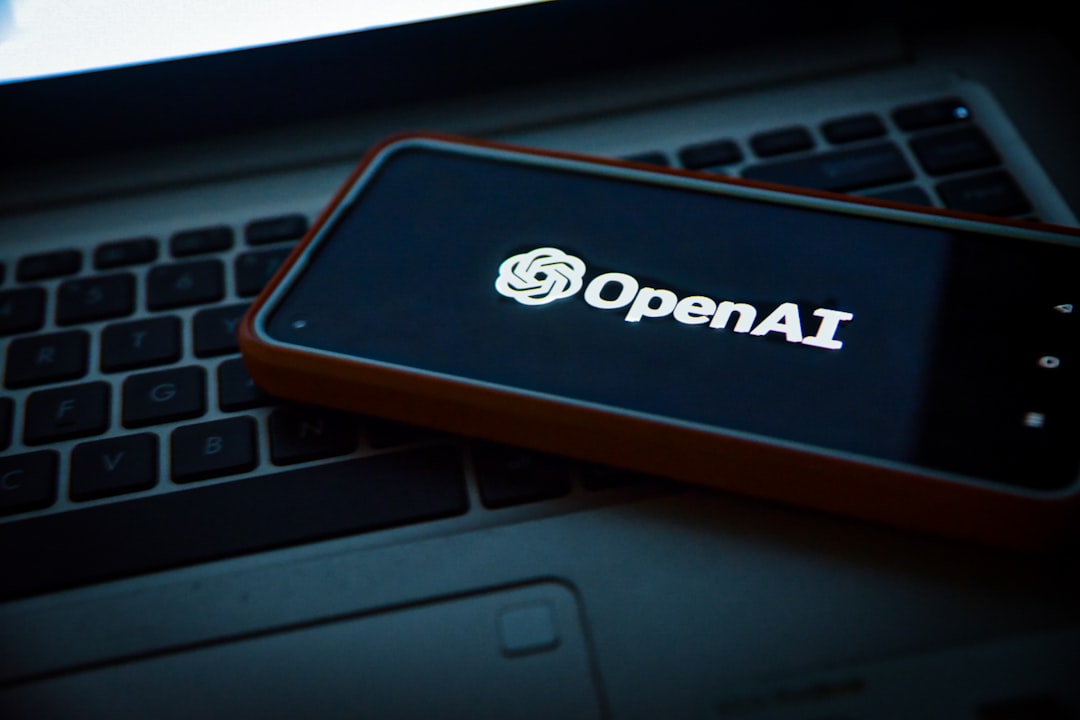Apple’s foray into the world of artificial intelligence (AI) represents a groundbreaking shift in the tech industry’s approach to this powerful technology. As a leader in innovation, Apple has consistently paved the way for others by launching sophisticated AI models and services that are integrated seamlessly into their products. By intelligently embedding AI into everyday devices, Apple not only enhances user experience but also sets a precedent for future technological advancements.
Initially, Apple ventured into AI with the introduction of Siri, the virtual assistant that utilizes natural language processing to proactively assist users. Siri was revolutionary, yet it was only the beginning of Apple’s commitment to AI innovation. Over the years, Apple’s focus on AI has deepened, leading to the implementation of machine learning models capable of real-time on-device learning which significantly enhances privacy by performing tasks without the need for cloud processing.
Fundamentally, AI must evolve to think and act like a human, and to that end, Apple has invested in neural engine chips, like the A12 Bionic, that are specifically designed to handle machine learning tasks. This technological leap allows devices like iPhones, iPads, and Macs to process complex algorithms directly on the device, thus enhancing speed and efficiency while reducing latency.
Apple’s efforts to advance AI do not remain limited to software and processors. The tech giant has also developed Core ML, a framework that allows developers to easily integrate machine learning models into their apps. This democratizes AI, empowering app developers with tools to create intelligent applications capable of performing things like identifying faces in photographs or predicting text in messages. Core ML also leverages Apple’s metal performance shaders to deliver the most efficient use of the device’s graphics processing capability.
Moreover, Apple’s acquisition of various AI startups over time reflects its strategic approach to consolidating top-notch intellect and innovation within its ranks. Acquiring companies like Turi, a machine learning startup, and Emotient, a facial expression recognition startup, underscores Apple’s commitment to staying at the forefront of AI research and development. These acquisitions allow Apple to integrate cutting-edge AI technologies swiftly and effectively into its ecosystem.
The intersection of AI and privacy is another domain where Apple differentiates itself from competitors. The company is well-known for its steadfast commitment to maintaining user privacy, and its approach to AI development reflects this ethos. By employing on-device machine learning, Apple ensures that the user data used to power AI functionalities never leaves the device, aligning with the global shift towards privacy-conscious tech solutions.
Another remarkable AI integration is seen in Apple’s Photos app, where machine learning algorithms intelligently organize photos by recognizing people, objects, and scenes, helping users sort and find their memories with ease. Augmented reality is another area where these advancements are reflected; ARKit, Apple’s framework for creating augmented reality experiences, combines seamlessly with AI to alter our perceptions of digital interactions.
Furthermore, Apple’s ambitions in autonomous vehicles, an embodiment of AI’s future, indicate its broader vision for AI beyond consumer electronic devices. Although specifics have remained largely undisclosed, Apple’s Project Titan is an open acknowledgment of its desire to make a mark in the automotive industry, thus embracing AI in transportation as decisively as it has with consumer electronics.
As Apple moves forward with its AI agenda, it faces the critical task of balancing innovation with ethical considerations. The company must address industry-wide challenges such as bias in machine learning, transparency in AI decision-making, and the overall societal impact of increasingly intelligent machines.
To sum up, Apple is shaping our future interaction with technology through both subtle and radical AI integration. As it establishes a more impactful footprint in AI, Apple continues to challenge industry standards while adhering to its pledge of enriching people’s lives through unparalleled quality and user-focused design.
AI
Apple
















Leave a Reply